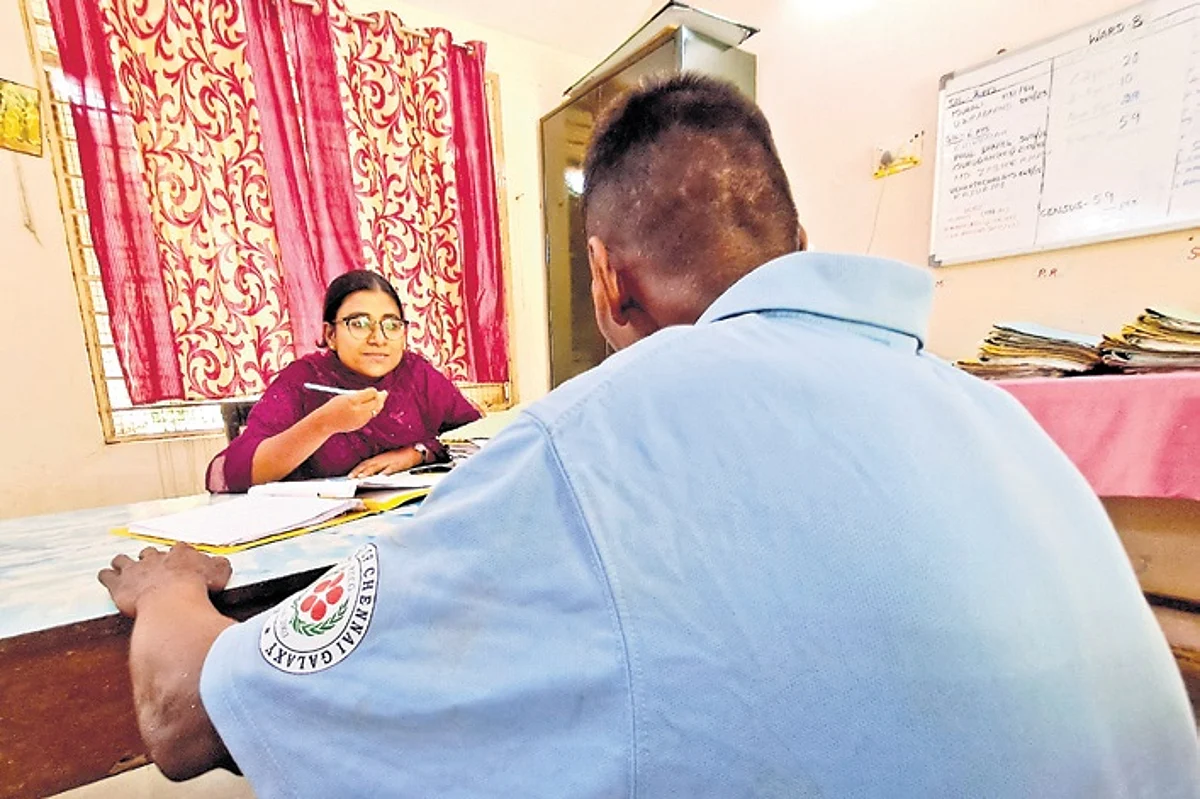“Our social workers are very good at tracing addresses. Sometimes the patient provides only meagre details, but with that, the social workers and the entire team often manage to trace the patient’s address,” says Malaiappan, highlighting the detective work that runs behind the scenes.
“In many cases we succeed, but in some cases the families don’t accept them. Even then, we don’t lose hope. We try to keep in continuous touch with the family. If we guarantee jobs, the family is more willing to accept them,” explains D Sumathi, social welfare officer.
Dr Malaiappan points out that IMH has reunited patients with families in Sweden, Kenya, Ireland, and more, and is seeking help from UIDAI to trace patient addresses using iris recognition technology. “When the thumb impression is marked, their address is displayed if they have already registered,” he explains.
IMH’s campus is as intricate as its work, reflecting its multi-faceted role with an acute care and medium-stay psychiatric hospital, de-addiction centre, child and adolescent psychiatric unit, care for mentally ill prisoners, long-stay wards, a sheltered workshop, day centres, and halfway homes.
But what stands out is the perseverance and humanity at the core of this institute. A single photograph from Rwanda closes the loop – not just for Johan, but for every lost individual for whom IMH becomes the bridge between being found and, finally, going home.
(Edited by Divya Ramkumar)

